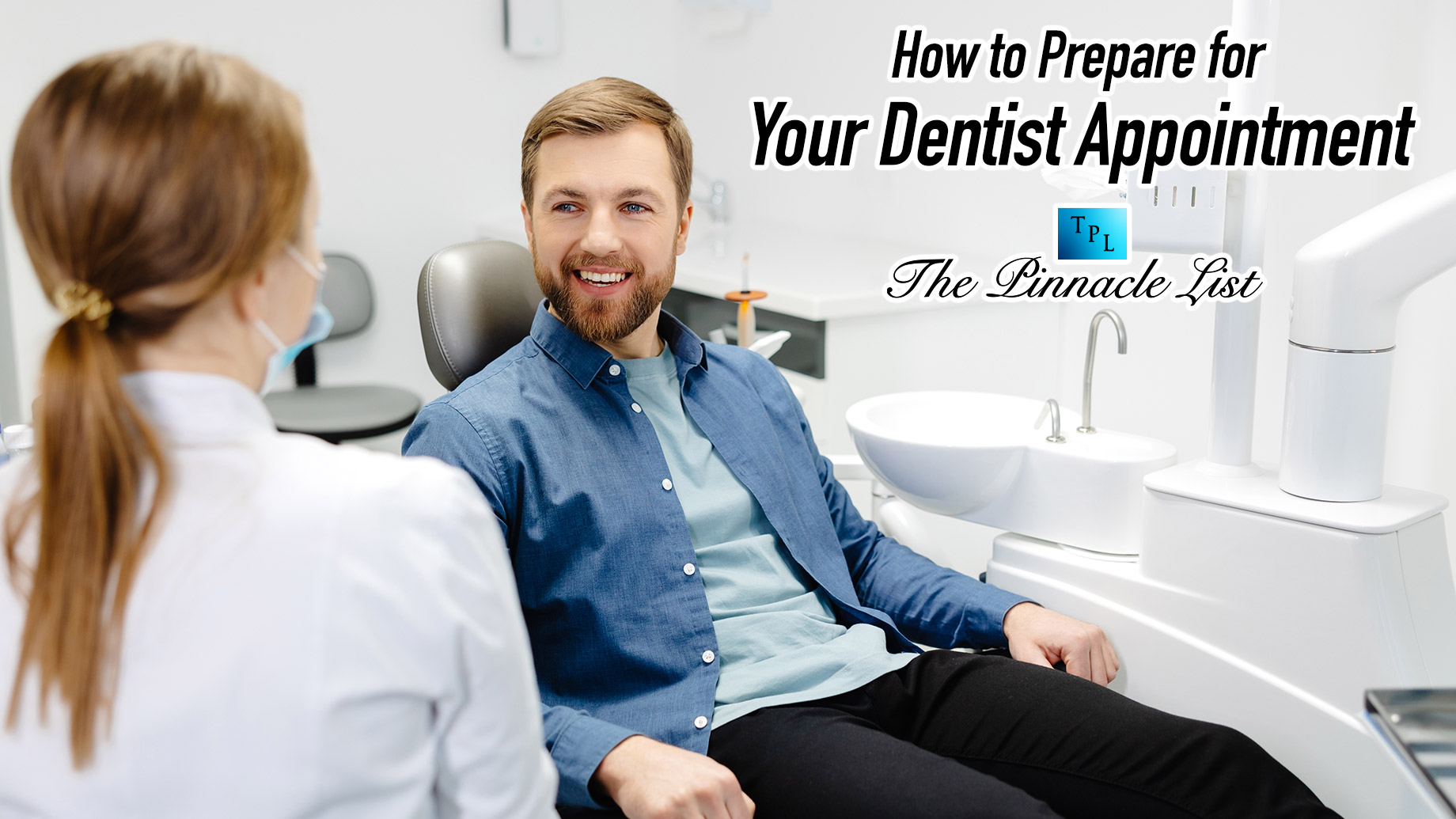
Visiting the dentist is an essential part of maintaining good oral health, but for many people, it can also feel a bit intimidating. Whether you’re going for a routine check-up, a cleaning, or a specific procedure, being prepared can make the experience smoother and more comfortable.
By taking a few simple steps before your appointment, you can ensure you get the most out of your visit while feeling more confident and at ease.
Here’s a comprehensive guide on how to prepare for your dentist appointment and make the most of your time in the dental chair.
1. Confirm Your Appointment
Start by confirming the date and time of your appointment. If you’re unsure, contact the dental office to verify. This step is especially important if you booked the appointment weeks or months in advance.
- Plan Your Schedule: Ensure you allocate enough time for the visit, including any potential waiting time and follow-up care.
- Bring Required Documents: If it’s your first time at the clinic, bring any necessary paperwork, such as your ID, insurance card, and medical history forms.
Confirming your dentist appointment helps avoid any scheduling confusion and allows the dental office to prepare for your visit.
2. Update Your Medical and Dental History
Dentists need to know about your overall health to provide safe and effective care. Prepare to update your dentist about any changes to your medical or dental history, including:
- New medications you’re taking.
- Recent surgeries or health conditions.
- Allergies or sensitivities (especially to anesthesia or latex).
Sharing this information ensures the dentist can tailor their approach to meet your unique needs.
3. Brush and Floss Your Teeth
Before your appointment, brush and floss your teeth thoroughly to remove any food particles or debris. While your dentist will clean your teeth during the visit, coming in with a clean mouth shows good hygiene and allows them to focus on more significant issues.
- Avoid Overbrushing: Be gentle while brushing and flossing to avoid irritating your gums before the appointment.
- Skip Whitening Products: Avoid using whitening strips or toothpaste right before your visit, as these can temporarily make teeth more sensitive.
4. Prepare a List of Questions or Concerns
If you have specific questions or concerns about your oral health, write them down before your appointment. Whether you’re experiencing sensitivity, discomfort, or want to explore cosmetic options, having a list ensures you won’t forget to address these issues during your visit.
Some common questions to ask include:
- How can I improve my brushing and flossing technique?
- Are there signs of cavities or gum disease?
- What treatments or products do you recommend for my specific needs?
Being proactive allows you to make informed decisions about your dental care.
5. Avoid Eating Right Before Your Appointment
Try not to eat a heavy meal immediately before your dental appointment, especially if you’re having a cleaning or procedure. Eating right before your visit can leave food particles in your mouth and make the experience less pleasant for both you and the dentist.
- If you do eat, rinse your mouth with water or mouthwash before arriving.
- Avoid foods with strong odors (like garlic or onions) to keep your breath fresh.
6. Address Dental Anxiety
If you feel nervous or anxious about visiting the dentist, know that you’re not alone. Many people experience dental anxiety, but there are strategies to help manage it:
- Talk to Your Dentist: Let them know about your anxiety so they can take extra steps to ensure your comfort.
- Practice Relaxation Techniques: Deep breathing, meditation, or listening to calming music before your appointment can help ease nerves.
- Bring Distractions: If allowed, consider bringing headphones to listen to music or a podcast during your appointment.
Most dentists are experienced in helping anxious patients feel at ease, so don’t hesitate to communicate your concerns.
7. Know Your Insurance and Payment Options
Before your appointment, check your dental insurance coverage or inquire about payment options at the clinic. This is particularly important if you’re undergoing a procedure or treatment that may not be fully covered.
- Ask for an Estimate: If you’re unsure about costs, request a detailed estimate before your visit.
- Bring Payment Information: Have your insurance card or payment method ready to avoid delays.
Understanding the financial aspects of your visit ensures there are no surprises after your appointment.
8. Be Punctual
Arriving on time or even a few minutes early is essential. It gives you time to complete any necessary paperwork, relax, and discuss your concerns with the dentist before the appointment begins. Being punctual also helps the clinic stay on schedule and ensures you get the full attention you deserve.
9. Follow Post-Appointment Instructions
Finally, preparing for your appointment also involves planning for aftercare. If you’re undergoing a specific procedure, ask the dentist for aftercare tips to ensure proper healing. For example:
- Arrange transportation if you’ll be receiving sedation.
- Stock up on recommended products, such as special toothpaste or mouthwash.
Prepare For Your Dentist Appointment
Preparing for your dentist appointment doesn’t have to be complicated. By taking a few simple steps, such as updating your medical history, brushing your teeth, and addressing any concerns, you can ensure a smooth and stress-free experience.
Remember, regular dental visits are key to maintaining a healthy smile and catching potential problems early. So, whether it’s a routine check-up or a more complex procedure, proper preparation will leave you feeling confident and ready for the best care possible.